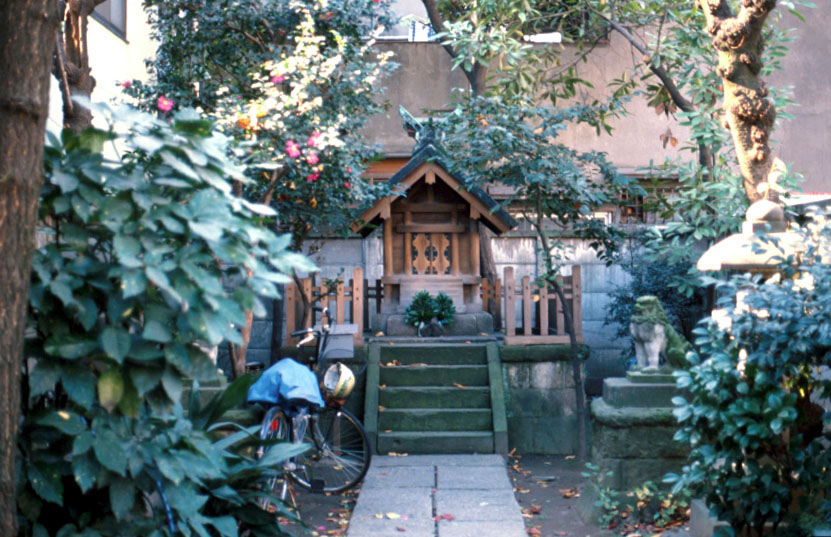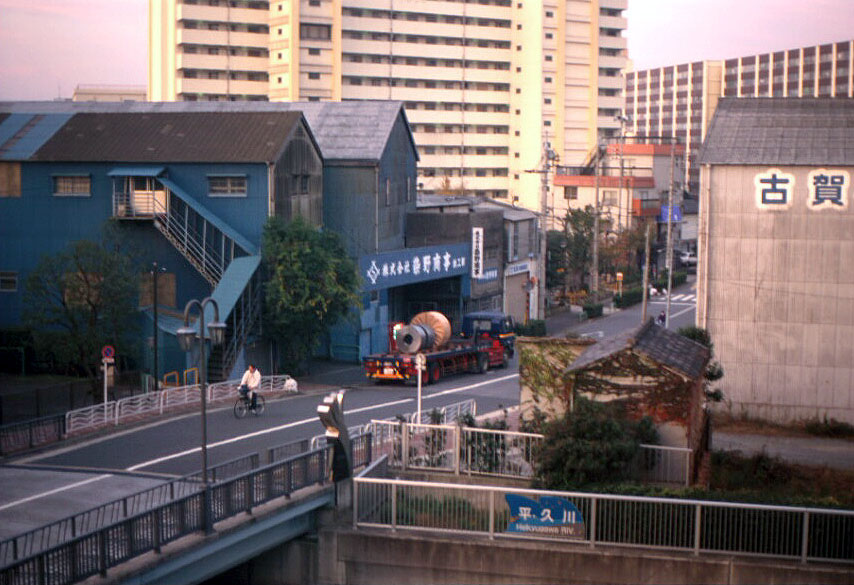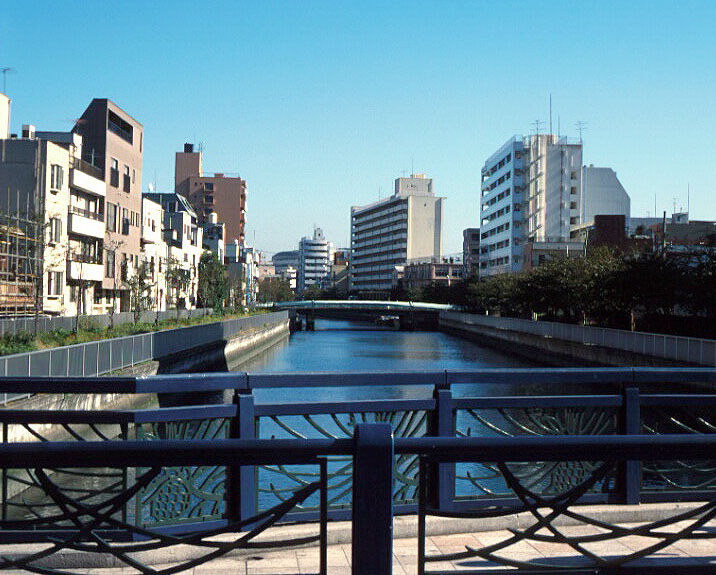On several trips to Japan I spent months in a less affluent section of Tokyo. On my way to the subway in the mornings I used to pass a neighborhood Shinto shrine tucked in between two houses in a little space maybe four meters by eight. Over the years that I visited there, the neighborhood gentrified. One of the houses next to the shrine was torn down and replaced by an apartment building. Tonier shops appeared, and more little parks.


I never saw anyone at the little shrine, but people took care of it; there were fresh flowers and offerings, and some children's bicycles parked there. Over time I came to regard this as my neighborhood shrine, and enjoyed popping in to visit the kami. The local spirits in Shinto shrines have names, but I never found out the name of that particular god.
It felt good, not that I was being Japanese, but that I was celebrating the spirit of the neighborhood, and urging it on in its fight against the creeping gentrification that was oversimplifying the place.



The area, Koto-ku, is in the shitamachi, the oldest part of Tokyo. Originally a fishing village on the coast, it acquired a large Buddhist temple and a branch of a large Shinto shrine, then later one of the licensed entertainment and brothel districts. The temple and big shrine are still there, taking up whole blocks across the main shopping street from the neighborhood where I and the little local god lived. The small shopkeepers and house owners I met in that area were tough, resilient and a little out of the pace in fast-moving Tokyo. Talking to them felt like talking to someone from the Brooklyn who looks down on people who think that New York City equals Manhattan. They considered themselves rather than the power brokers across the river the real Tokyo. That little shrine carried some of those meanings for me, as well as a hint of natural powers even in its stunted trees and tiny offerings of rice and fruit.
Of course, my experience of the shrine and its neighborhood was eccentric and much more self-conscious than that of whoever left the offerings each morning, or of a student stopping by to ask for good luck on the eve of an examination. It wasn't my neighborhood, after all, especially in Japan, where a visitor is forever a gai-jin, outside-person.
(c) David Kolb, 1 August 2001